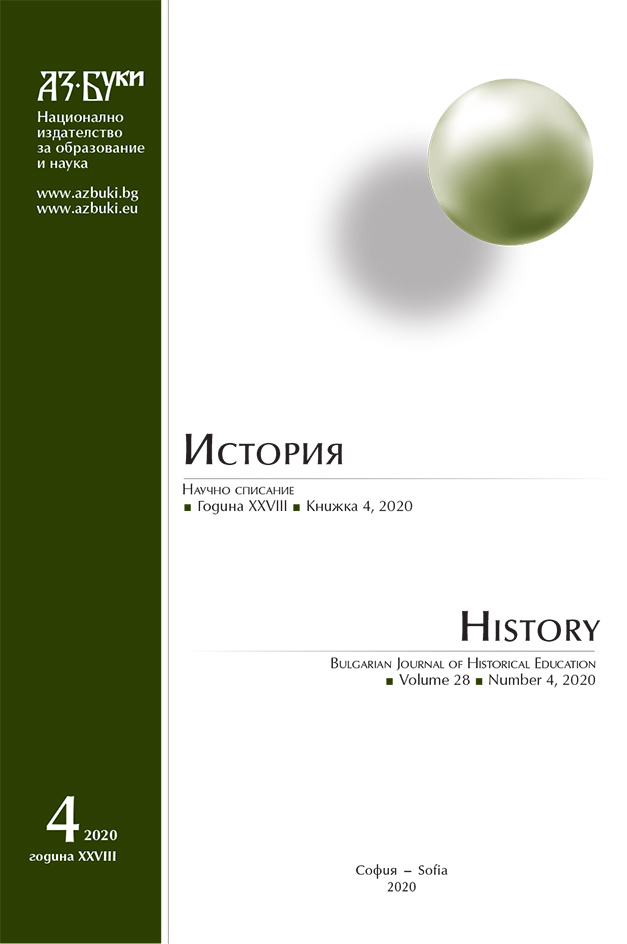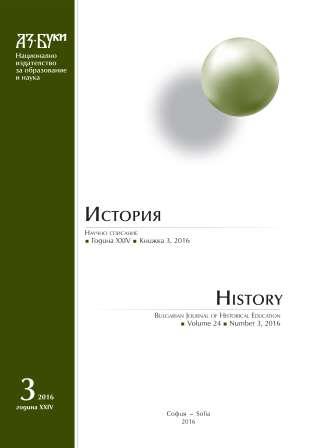
We kindly inform you that, as long as the subject affiliation of our 300.000+ articles is in progress, you might get unsufficient or no results on your third level or second level search. In this case, please broaden your search criteria.


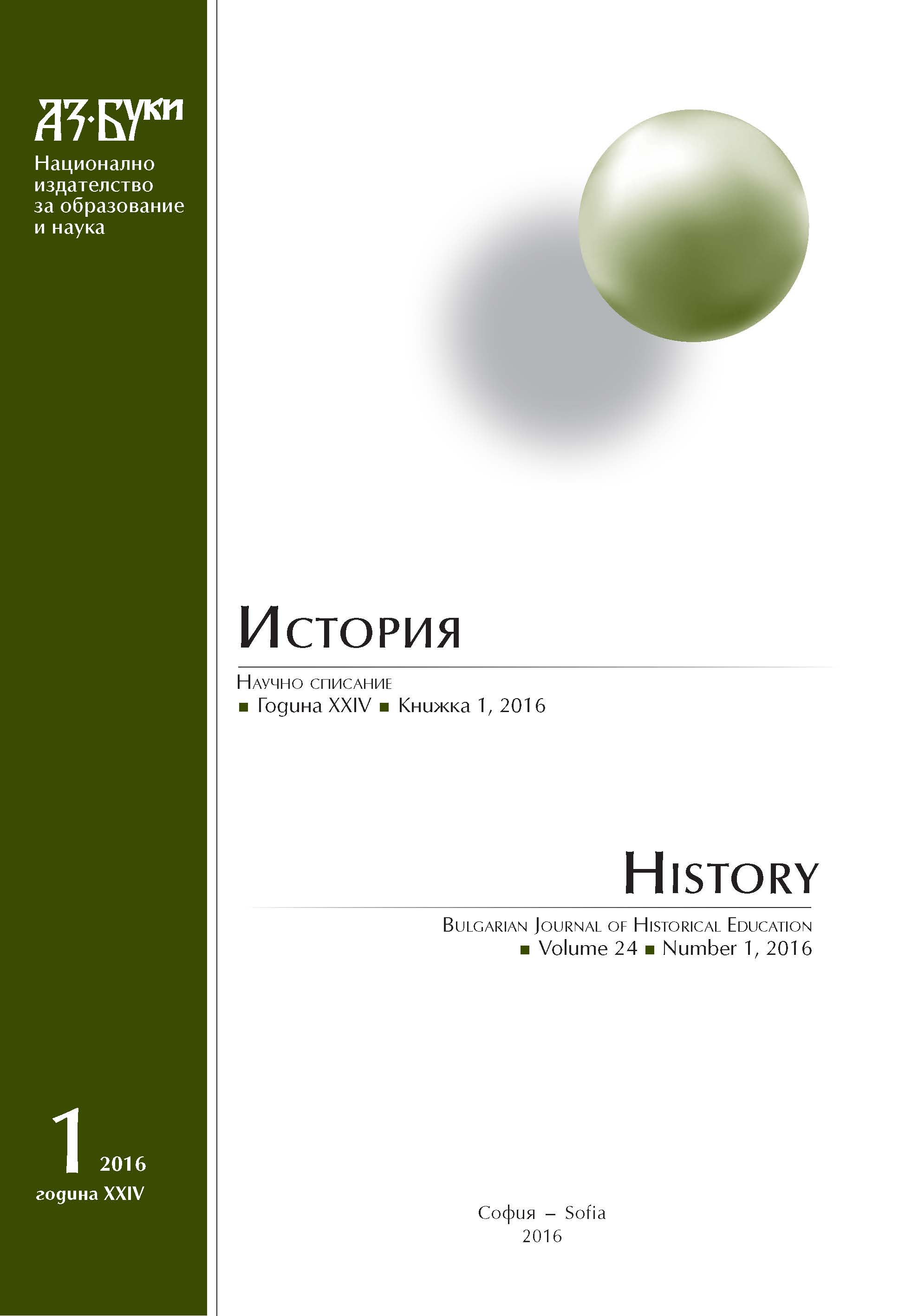
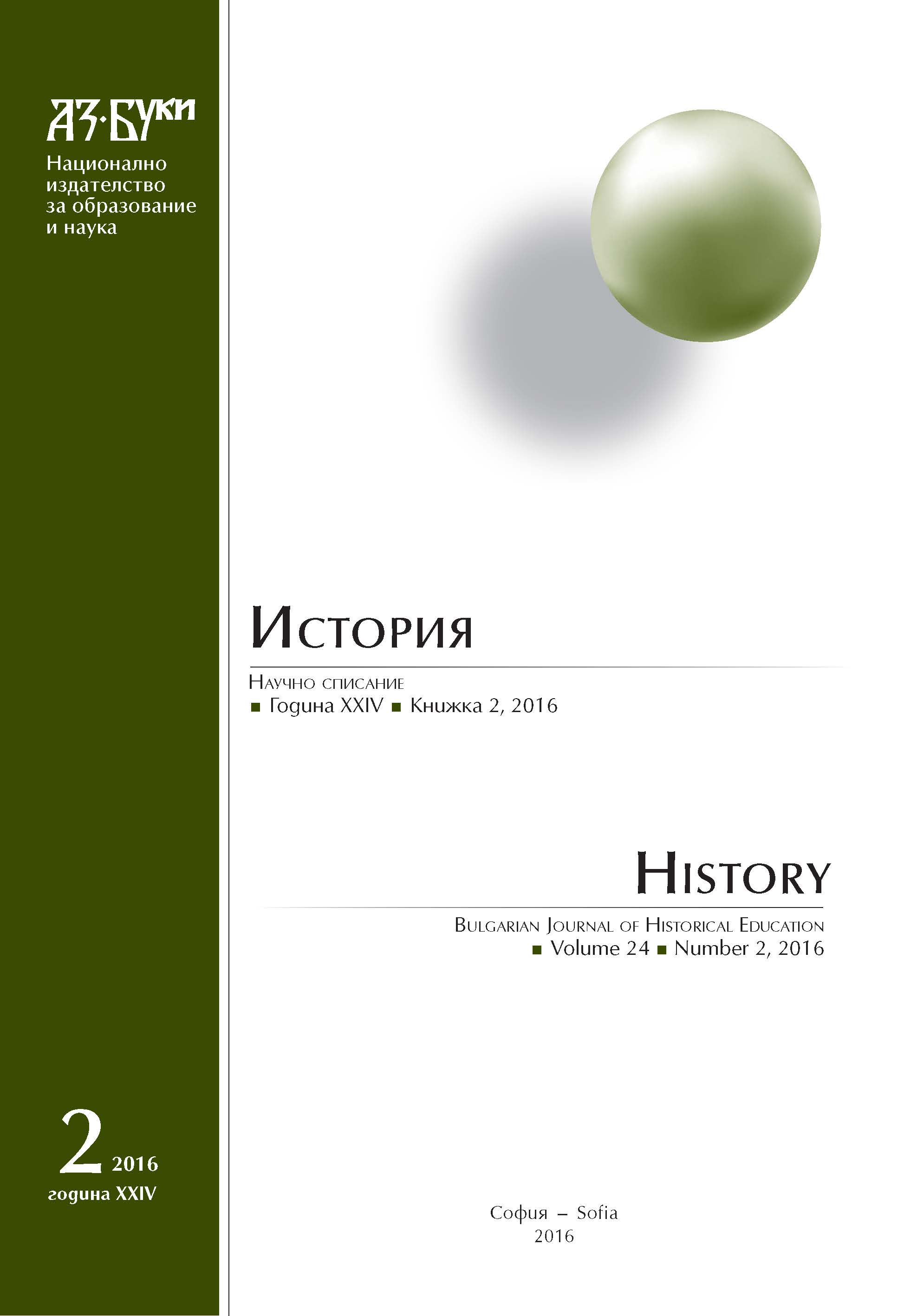

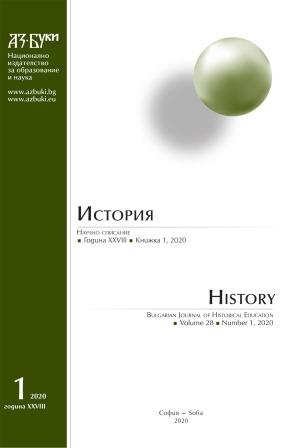

The main emphasis of this text above is economic reconstruction of the Balkan countries that followed hardships and horrors of World War One. Being part of the European continent, the Balkan countries face serious difficulties in overcoming the effects of the global conflict and cannot be separated from political and social crises devastating the continent by the mid-1920s. Those aspects are quite well, though not enough, covered. Far less attention is paid to the economic efforts to overcome post-war difficulties. It is precisely this aspect that is the focus of this research, with the main purpose of empirically testing the working hypothesis of the identical behavior of the Balkan states in a situation of global political and economic crisis, such as Bulgaria and the Kingdom of Serbs, Croats and Slovenes in the years after the First World War. The choice of the two countries is justified by a methodological point of view, since it makes it possible to find similarities and to distinguish differences in the economic recovery policies of the two countries that fall into the camp of the defeated and the victorious ones, respectively, which at first sight is a condition of a different type of problems, policies and results. Setting them against the backdrop of pan-European and global trends, in turn, guarantees a better look at the “uniqueness” of specific post-world-war-one Balkan conditions.
More...
“Crossense” is an innovative gaming technique that can successfully find its place in history and civilization classes in Bulgarian schools. It is best suited to keep students’ previous knowledge up-to-date as well as to motivate the new topic, but it is also applicable in other components of the lesson. This way a students’ creative and critical thinking has been formed through “Crossense”.
More...

The article discusses a few controversial ideas about the ‘essence’ of the Bulgarian nation. The foundation of the autonomous Bulgarian principality (1878) arouse the controversy between the ‘ethnic’ and the ‘civic’ perspective on the Bulgarian nation. This controversy is still actual in the Bulgarian public debates and influences the Bulgarian policy toward ethnic minorities and specific groups, such as Pomaks (Bulgarian-speaking Muslims) and Gagauz (Turkish-speaking Orthodox Christians) who did not ‘meet the standard’ for the ‘real’ Bulgarians.
More...
The Greeks of Tsalka is a sub-ethnic group, whose ancestors originated from the Pontus and Erzurum regions and lived for several centuries under the rule of the Ottomans. Therefore they absorbed cultural elements of many peoples of Asia Minor – Turks, Armenians, Persians, Assyrians, etc. That can be traced in their language, folklore, and rites. As a result of the Russian-Turkish wars, they were resettled to the territory of Georgia – to the Tsalka region. The migration to the territory of the Russian Empire was accomplished in several waves – after the Russian-Turkish war of 1828-1829 until the end of the 19th century. At the time of the resettlement, most of them forget their native language and switched to Turkish.After the collapse of the Soviet Union, in Georgia, the inter-ethnic issue became very acute. In conjunction with the economic crisis, the situation forced many Greeks to leave Tsalka. Currently, the Greeks of Tsalka have a little more than 50 thousand representatives, living mainly in Greece and in southern Russia. Those who moved to Greece almost immediately faced an identity crisis, as the Greek society did not welcome them well. As a result, many Greeks of Tsalka ceased to identify themselves as Greek and tried to forge new hypotheses about their origin.
More...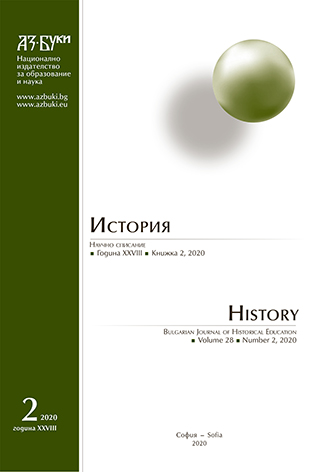

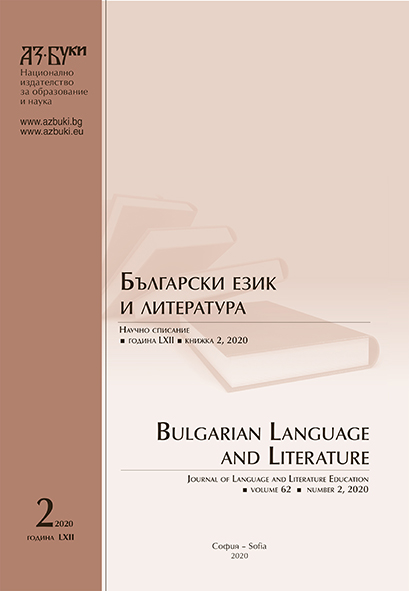
The report examines poorly known testimonies of Dobrudzha and its ethnic characteristics, collected by the Hungarian ethnographer Györfi István (1916). They correspond to the trend in the then Hungarian science of exploring „related Turan peoples“. Today they can be considered as a beginning of a more targeted and systematic knowledge of Hungarian society about the Bulgarian province. These publications are a good basis for forming certain ideas about the Bulgarian territories and for enhancing their research interest.
More...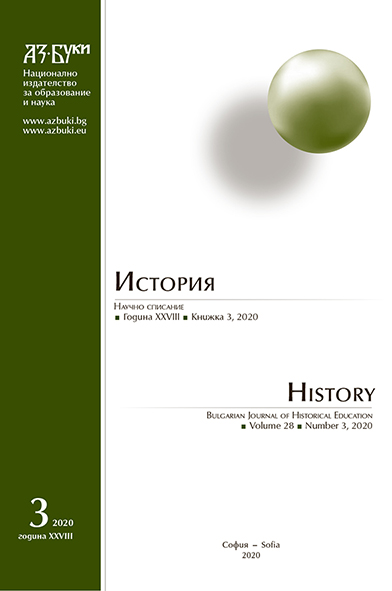
Read in the Latest Issues of “Az-Buki“ Journals
More...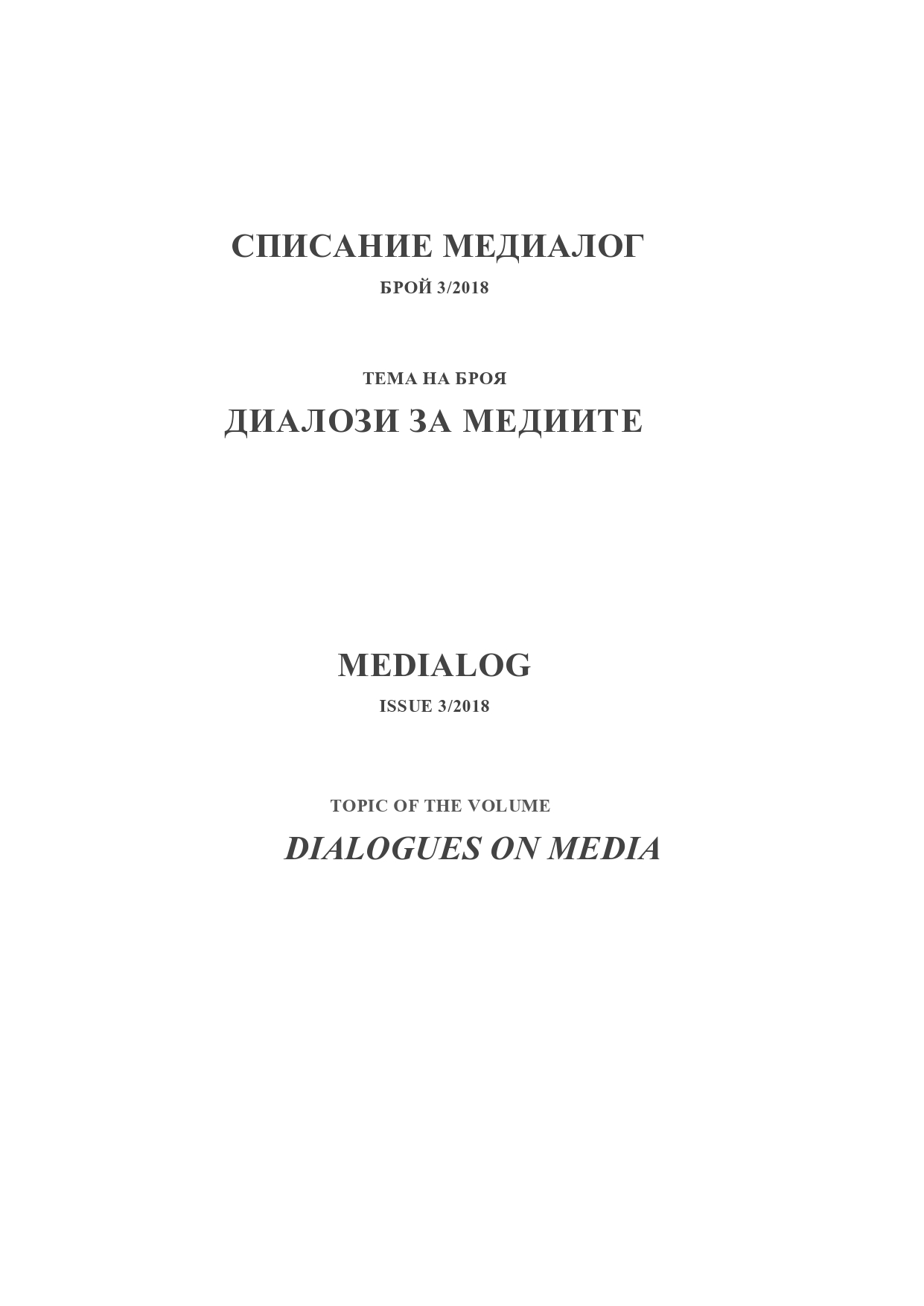
The text deals with the mutual influences – the infestations – between different parts of the world in the newer stages of its development. Answers are sought to questions from different levels of analysis: from the point of view of Bulgaria, as а former socialist state, whether for 28 years could be outdated the past nearly 45 years; from a global perspective, how the self-awareness of young states, former colonies, reflects on the general development of the world; from third part – can the historical justice be restored, and if the answer is positive – to what extent. "Where" in the subtitle refers to ideological, historical, value, self-consciousness and self-determination connotations.How does the colonial history of Western European countries relate to the present? How the filling of the white spots of the past is superimposed on the claims of (Western) Europe, which advocates the myth of itself as more civilized, more liberal, more tolerant. With a number of examples is argued the power of ideological influence, which is difficult to overcome by historical science and even more difficult by the media. The thesis is also about the "restoration of the historical justice".A little more than 25 years after 1989, we are trapped in a trap set by ourselves as humanity: against the backdrop of a suppressed and unknown history that has developed mainly Eurocentric to almost the present day, decades of strong ideological influences, controversial morality, wick allows a lot of money from western companies and individual PR consultants to work to polish the images of modern dictators – we cannot find out which news about / from the world are true and which do not.
More...